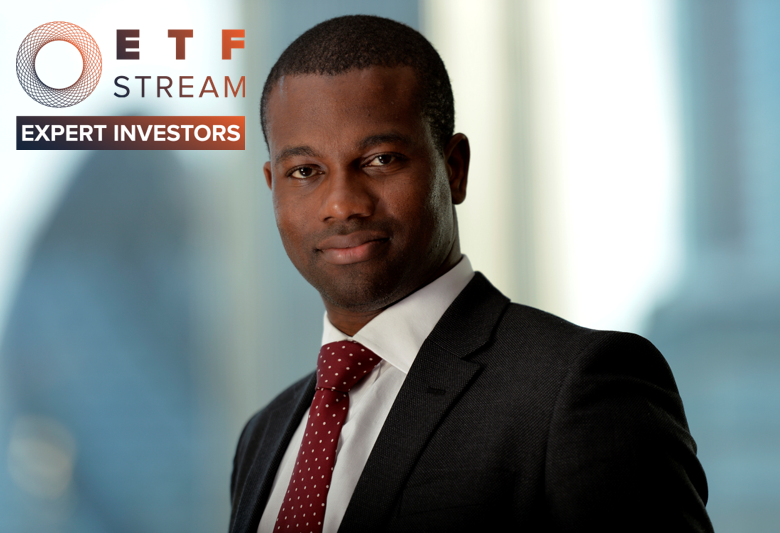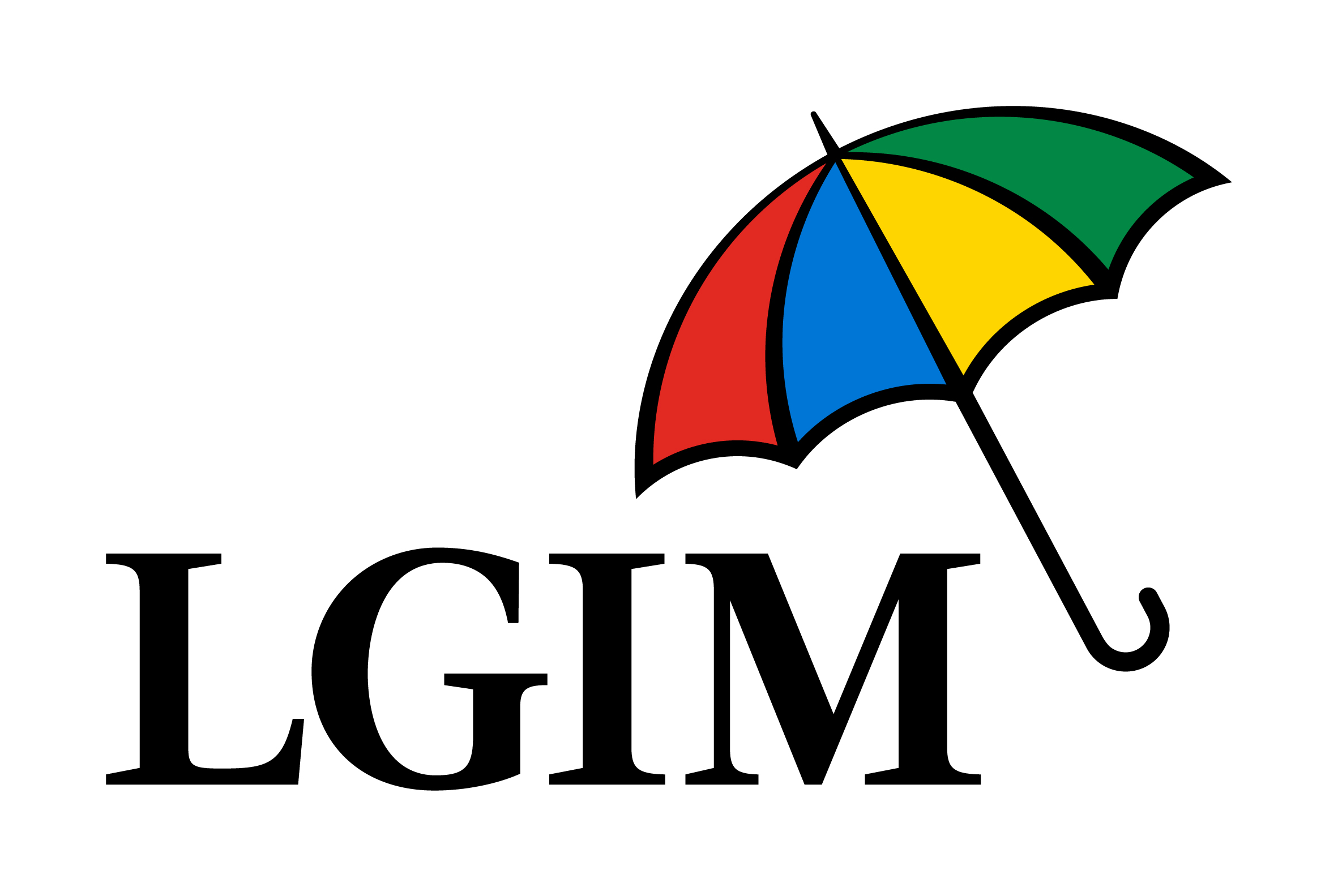Expert investors is a new series
brought to you by ETF Stream where on a fortnightly basis we interview the key individuals from across the fund selection and research space about the ETF industry.
Fund selection plays a crucial role in portfolio construction. Once the asset allocation decision has been made, these individuals need to decide how they want to be exposed, be it through a mutual fund, investment trust or ETF.
Over the years, ETFs are becoming an increasingly important part of any investors’ toolkit. This series will show how the key players across the fund selection space use ETFs in their portfolios while asking what more can be done by the ETF providers to help with this increasing adoption.
Next in the hot seat is Justin Onuekwusi, investment manager and head of retail multi-asset at Legal & General Investment Management (LGIM). Onuekwusi joined LGIM in 2013 from Aviva Investors where he was part of the multi-asset team for three years. Prior to Aviva, he spent three years at Merrill Lynch, responsible for manager research and portfolio construction.
How much of your portfolio is made-up of ETFs/index funds?
We have a number of multi-asset strategies, the majority of which are made up of index funds to remain cost-effective. Every fund that we manage, however, will hold a mixture of index and actively managed funds.
When did you start investing in ETFs?
As far as I can remember, we have been investing in ETFs since I joined LGIM. I, personally, have been invested in ETFs for over decade.
While we have a bias towards index funds currently due to the scale of the in-house capability, as our internal ETF range grows, there are likely to be more additions over time to our portfolios.
As the LGIM business becomes more international, our use of ETFs is likely to increase to the cross-border nature of the vehicle.
Which asset classes do you tend to invest in through ETFs?
We mainly use income-biased ETFs in our income multi-asset strategies. We have exposure to developed market equity ETFs across our fund ranges.
Which areas would you avoid?
We avoid asset classes that lend themselves to be actively managed such as corporate bonds and high yield where the persistency of outperformance by the average manager versus the benchmark is higher than other asset classes.
What is your methodology for selecting ETFs?
Tracking error
Given that we typically focus on passively managed ETFs, the tracking error versus the underlying fund should, in general, be minimal.
Negative deviation may indicate hidden costs while excessive positive deviation may indicate issues with the tracking process.
Replication method
In general, we have a strong preference for physical replication, but acknowledge that this is not possible or practical in some asset classes.
We will take into account the type of replication method such as whether the ETF fully replicated or if there is sampling involved.
Structure
Domicile may have implications for tax efficiency and trading costs and we require UCITS in some cases. For many European investors, UCITS may be preferred given the minimum standards and regulatory oversight implied.
Exchange and settlement currency
Generally, we have a preference for ETFs that are settled in the currency of the multi-asset fund we are managing.
Parent company
Preference for companies with well-established and sizable indexation and ETF operations. Other relevant information can be captured through the overall score for the criteria, if not through specific sub-categories.
Asset under management (AUM)
Larger sized ETFs may drive lower fees and expenses and facilitate better management of the underlying assets. Larger funds will also tend to more liquid and allow for easier investment and divestment decisions. Diversity of clients within the ETF holdings is also important.
Average trading volume
We acknowledge that the broker can often create liquidity through the creation of new ETF units. However, higher liquidity will facilitate a faster transaction process.
What ETF products would you like to see more of?
I would like to see more ETFs on specialist asset class rather than core plain vanilla indices. More differentiation across providers would help.
Any areas ETF providers could improve?
The asset management industry is not great at educating fund buyers and society in general. ETF providers are no exception to this.
Expert investors is a new series brought to you by ETF Stream where on a fortnightly basis we interview the key individuals from across the fund selection and research space about the ETF industry.
To read the previous edition of Expert Investors with Mick Gilligan of Killik & Co, click here.



